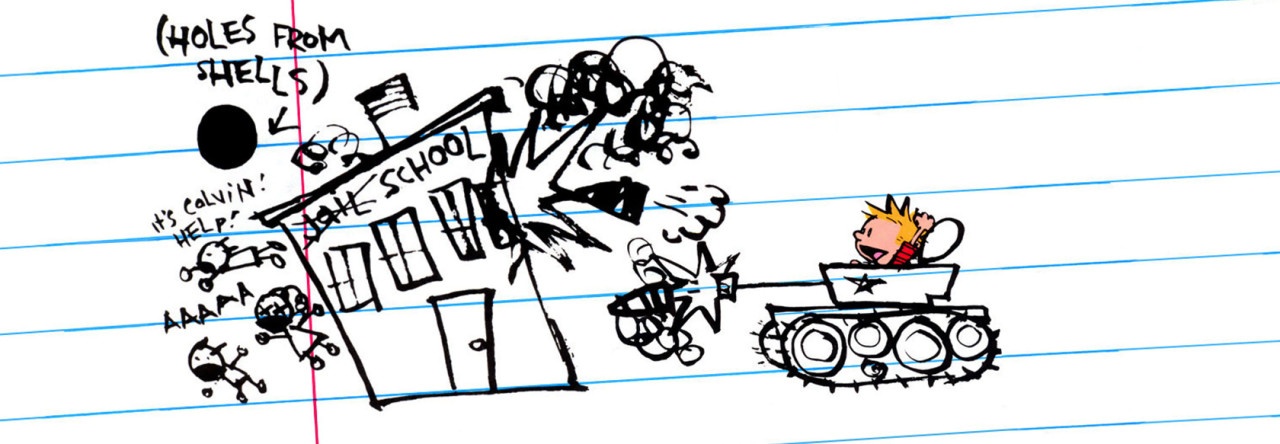When I talk to new teachers I’m always curious how they feel about the workload associated with this profession. It occurs to me that even in the most laid back environment teaching can be nearly impossible work, and I wonder how new teachers cope with that fact.
In my experience the fact that there are currently about 150 young people counting on you to provide them with good instruction can be very stressful. The reality that many of them need much more than just scholastic assistance from us can be even more daunting. The idea that it’s now or never with this group of 150 kids is probably motivation enough for some people to spend 18 hours a day thinking about and working on ways to improve their program so that those 150 kids get the absolute best throughout the year. But 18 hours working means 24 – 18 hours of not working, and that’s borderline crazy if you ask me. So the best advice I can give a young teacher is to be patient. To realize that there are another 150 kids coming next year, and as much as this year is about the 150 you have now, it’s also about preparing yourself for the 3000 more you’ll see over the next 20 years. I tell teachers not to be afraid to take their time to be great. I tell them to try one or two big-picture strategies they want to use this year, see what works and try one or two more the next year. I remind them that 6 hours after work this year is the same as 2 hours after work for the next 3 years, the only difference is that you wont be so burnt out after this year that you’ll be considering a new career path.
So my general advice to new teachers, especially the youngest ones, is to take their time trying to get to the top of the metaphorical mountain they see as great classroom teaching. If your ultimate goal is the top of the mountain, enjoy the journey because if you hike all day and all night you’ll get tired of hiking before you even make it anywhere.
Which brings me to another thought. I always envisioned the mountain I was climbing and saw the top as the ultimate goal for myself as a teacher. And as a new teacher I could see the peak and it didn’t really look that far away. But in my infinite wisdom (desire to enjoy other aspects of my youth and general laziness) I never rushed to get to the top. Every day I would climb a little more and slowly but surely I found myself climbing extra during hours that I used to spend doing other things. I found myself enjoying the climb as if I was finally getting in shape and found it to be a bit of a hobby that I wanted to do more of on the side. After about seven or eight years of climbing I made it to the top of the mountain. I looked out over my classroom and realized that I had become the teacher that I wanted to be. I was at the peak that I had been slowly climbing towards for all those years.
And then something happened that was simultaneously terrible and fantastic. I turned around and realized that the peak I had been climbing had been hiding another even larger mountain behind it. During my climb I had learned a thing or two about climbing, but also a thing or two about mountains and now I knew that there was so much more to this teaching thing. My goals had become loftier and more far reaching. So I put my pack back on and starting climbing again. It was actually great news. I wasn’t ready to stop climbing anyway.
I’ve made it to the top of a few more peaks since and now I can see pretty far in all directions. What I see is peaks everywhere. Some higher and some lower and only a few that I have ever explored. It’s beautiful. It’s daunting. It’s exciting.
This job is crazy. You can work and think ’til you can’t anymore and there will always be another challenge waiting for you. I love it. But it’s nuts. I hope to take a little time off this summer. Maybe go climb some real mountains. I also hope to work on this blog, #MTBoS around a little more, and write a lot of curriculum. Oh yeah and TMC 2015. That stands for Team Mountain Climbers right? Count me in.

